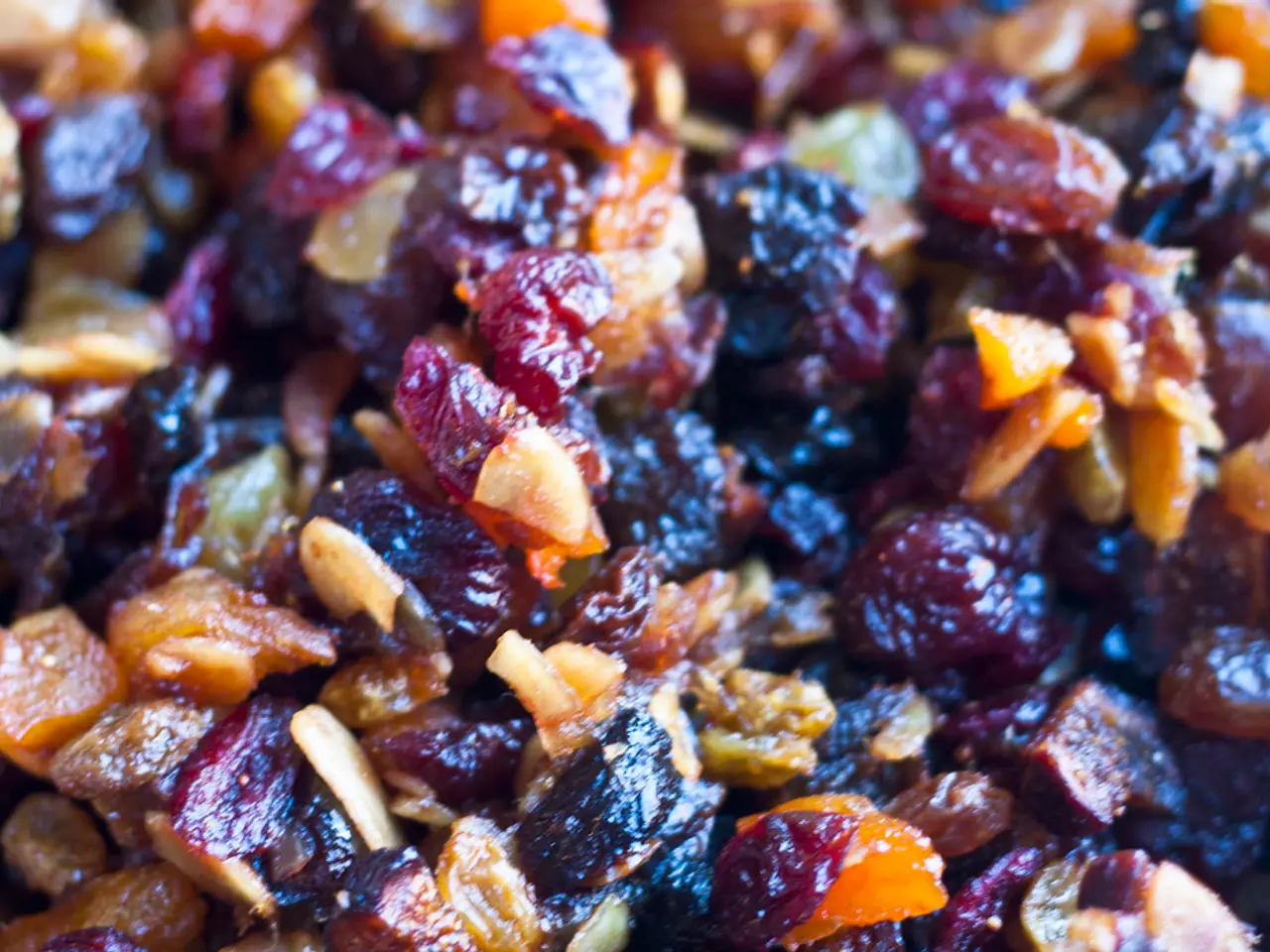Consumption of high amounts of red meat and inflammatory foods during pregnancy increases the risk of developing childhood diabetes in offspring.
A new study published in the Journal of Epidemiology & Community Health has revealed a significant relationship between a mother's diet during pregnancy and the risk of her children developing type 1 diabetes. The research, led by Professor Sjurdur Frodi Olsen of the Statens Serum Institut in Denmark, followed nearly 68,000 Danish women who gave birth between 1996 and 2002 and tracked their children for an average of 17 years.
The study found that a pro-inflammatory diet during pregnancy, characterised by foods such as red and processed meats, sugary drinks, white bread, pasta, deep-fried foods, and trans-fat-containing non-dairy creamers, may increase the risk of type 1 diabetes in offspring. For every unit increase in a dietary inflammatory index score, there was a 16% increase in the child’s risk of developing this autoimmune disease.
Type 1 diabetes is an autoimmune condition marked by chronic inflammation of pancreatic tissue. This suggests that chronic systemic inflammation induced by maternal diet may influence the developing immune system of the fetus, potentially predisposing children to autoimmune conditions like type 1 diabetes.
Experts emphasise that the immune system develops early, even before birth, making maternal nutrition a modifiable environmental factor worth further exploration for childhood autoimmune disease risk. Additionally, breastfeeding duration, which supports immune tolerance and beneficial gut microbiota development, was inversely related to maternal dietary inflammation, indicating that maternal diet may influence postnatal immune development as well.
It's important to note that the study did not prove that an inflammatory diet during pregnancy caused the children's diabetes. However, it did find that children were significantly more likely to be diabetic if their mothers had more inflammatory diets during pregnancy.
Other factors that appear to raise the risk of type 1 diabetes include the mother's gluten intake and smoking during pregnancy. Midway through pregnancy seems to be a particularly sensitive period for the fetus, being susceptible to external influences, including the mother's lifestyle.
The study did not track children's diets, but researchers suggest more studies on the link between inflammation, the immune system, and childhood health are needed. The next step, according to Olsen, is to investigate possible mechanisms behind the observed relationships to gain a better overall understanding.
In light of these findings, expectant mothers may want to consider adopting anti-inflammatory dietary patterns, such as those rich in onions, tomatoes, whole grains, coffee, green leafy vegetables, dark meat fish, tea, and fruits, to potentially reduce the risk of type 1 diabetes in their children. Further research is ongoing to clarify the exact biological mechanisms involved.
- The study in the Journal of Epidemiology & Community Health suggests that a pro-inflammatory diet during pregnancy, which includes red and processed meats, sugary drinks, and trans-fat-containing non-dairy creamers, may increase the risk of type 1 diabetes in offspring, highlighting the significance of nutrition in women's health.
- Other chronic diseases, like medical-conditions such as type-1 diabetes, may be influenced by maternal dietary inflammation, as the immune system of the fetus can potentially be affected even before birth.
- Fitness and exercise, along with appropriate nutrition, play a crucial role in health and wellness, and expecting mothers may want to consider adopting an anti-inflammatory diet, which includes foods like onions, tomatoes, and green leafy vegetables, to potentially lower the risk of chronic diseases like type-1 diabetes in their children.
- The link between inflammation, the immune system, and childhood health is an area of interest for future research, as more studies are needed to better understand the exact biological mechanisms involved in the development of chronic diseases, particularly in relation to maternal diet.








